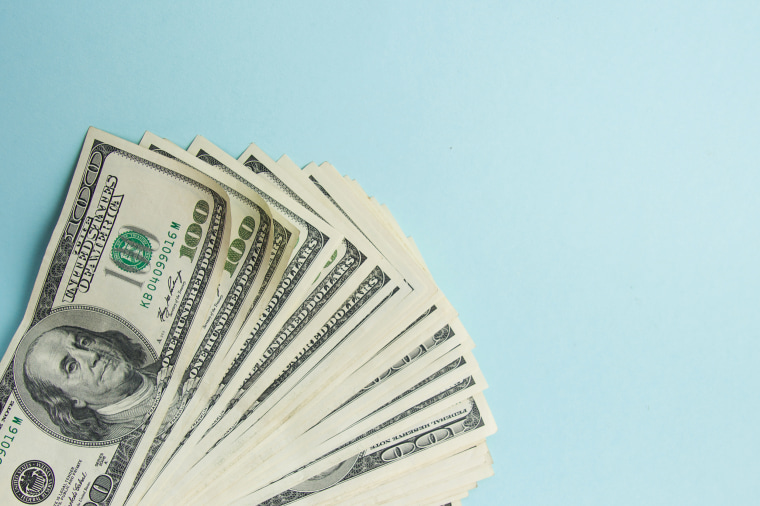This is BETTER Business, a new personal finance segment hosted by Stephanie Ruhle. Each week, Stephanie breaks down the financial headlines and how they'll affect your wallet — and shares compelling conversations with industry leaders, entrepreneurs and people who've cracked their own personal money codes.
This week's business headlines — and why they matter
PENSIONS: GE freezing pension plans for 20,000 employees
Why it matters: It's another reminder that no company pension plan is really safe — and why it's always smart to save independently for retirement.
HOUSING MARKET: Real estate remains resilient
Why it matters: The U.S. housing market is strong, and real estate can be a great investment that you live in, too. Just remember to diversify your investments to weather-proof your finances for a rainy day.
TARIFFS: U.S.-China trade talks resume
Why it matters: The trade war has already cost consumers cold hard cash on everything from air conditioners to frozen foods, but how much will new tariffs cost us during the holiday season? Here's what the trade war means for you.
In Conversation: Do you know how to talk about money?
Is talking money difficult? How about talking money with your loved ones — or your significant other?
Times are changing and the notion that men are the sole breadwinners is a thing of the past as more and more women are out earning their male counterparts at home. Being able to discuss finances, debt and goals is incredibly important, but how to do you have that conversation?
We sat down with personal finance expert, Farnoosh Torabi, on how she tackles this topic at home.
Stephanie Ruhle on going cashless: 'When you swipe, you don't know what you spend'
There’s a very twenty-first century problem I want to bring to your attention: We are officially disconnected from our money.
A quick credit card swipe or a wave of our phone and a purchase is made — all without grasping how much we spend.
We’re even more removed from the money we spend on auto-payments. Subscription services like Netflix that debit from our bank accounts all on their own. We’re not really keeping track of how much we pay for things, because we don’t need to count money the way we do when we pay with cash.
Sure, using cash could help — when you pay for an item with a twenty dollar bill and the cashier hands you change, you see firsthand how much that item cost you. It’s clear and tangible, unlike credit or debit payments. But it’s not really feasible.
I get it — cash is on its way out. But if cashless is our new normal we need to get a grip on our spending in other ways, so here are a few tips:
- Download those apps! That includes any credit card companies or banks you have money with. Having your spending info at your fingertips can help you understand what you’re spending. Some companies offer push notifications and spending check-ups so take advantage of them. Those could be helpful tools to keep your spending in check. Because when you swipe, you don't know what you spend.
- Have credit cards? Use the 30 percent rule. Keep your spending under 30-percent of your total credit limit. If your limit is $1,000, take advantage of those tools in the app and only carry a balance of 300. Of course, it's always best to pay off your credit bill in full at the end of each month to avoid interest, but if that’s not possible always pay the minimum due to avoid penalties and late fees piling up.
- Don’t just make payments automatically, look at what you are spending. Sounds like common sense but we’re not doing it. Shopping and making payments online is easier and more convenient than ever — but checking up on your finances is not. Make a point to check yourself (and your spending) often — you’ll be thankful you did.
Want more tips like these? NBC News BETTER is obsessed with finding easier, healthier and smarter ways to live. Sign up for our newsletter and follow us on Facebook, Twitter and Instagram.

